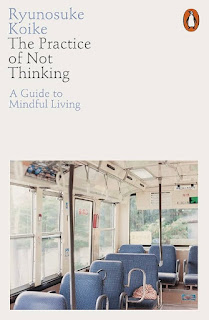Silencing our inner critic with self compassion.

Silencing our inner critic with self compassion: Each of us carries within us an inner voice —a running commentary on who we are, what we do, and how we fall short. Sometimes this voice is gentle and discerning, helping us reflect and grow. But often, especially under stress or failure, it transforms into a harsh inner critic —a relentless judge that magnifies our flaws, replays our mistakes, and whispers that we are not enough. This inner critic doesn’t arise out of malice. In fact, it often develops early in life as a misguided form of self-protection. It tries to push us toward achievement, perfection, or social acceptance, fearing that without its control, we might become lazy, unworthy, or unloved. Yet paradoxically, the critic’s harshness can make us anxious, ashamed, and disconnected from ourselves. The antidote to the inner critic is not silence or suppression—it is self-compassion . Self-compassion, as defined by psychologist Dr. Kristin Neff, involves three ...


